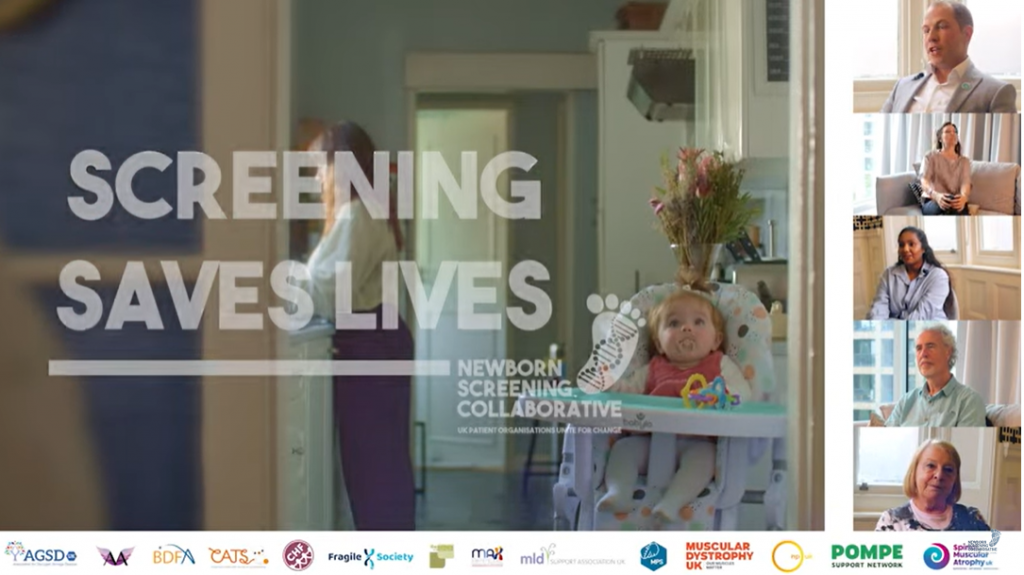Pulse oximetry Campaign
 CHF continues to campaign for routine pulse oximetry screening for critical heart defects in newborn babies.
CHF continues to campaign for routine pulse oximetry screening for critical heart defects in newborn babies.
Pulse oximetry screening is a safe, painless and simple test that has been shown, in research studies involving almost half a million babies, to identify consistently babies with life-threatening heart defects (critical congenital heart defects or CCHD) before they become seriously unwell.
The UK’s National Screening Committee has been considering routine pulse oximetry screening for critical heart defects in newborn babies for a number of years. In 2019, following a pilot study, the National Screening Committee launched a public consultation on its decision not to offer pulse oximetry screening to all UK newborn babies.
Guidance about the pulse oximetry consultation.
If you would like to join us by sharing your experiences of pulse oximetry testing contact us
As Seen on TV
Why is pulse oximetry needed?
Pulse Oximetry could have benefited children like Georgina, who was born with a heart condition. Having a heart problem in the family is difficult enough to deal with, but what was even harder for Georgina’s family, was the fact that the condition went undiagnosed for almost two years. Alex Smith, parent of Georgina tells her story:
“Georgina’s condition was missed at the 20 week scan while I was pregnant. After she was born I knew something was wrong. She just wasn’t well. I took her time and time again to see her GP and other medical professionals but they didn’t connect her symptoms with a heart problem, they said things would improve and I should just give it time. 
“It was so stressful having a sick child and not being told what was wrong, as a mum all you want to do is make sure your child is well. Knowing there is something wrong with her but not knowing for almost two years what, was just awful.
“I’m campaigning and pushing for the introduction of this test for every newborn baby so other parents do not have to go through what my family has had to experience. It’s such a simple change and a quick test, but it could help so much in giving reassurance to families and in detecting babies heart problems early”.
Further information & references:
https://www.ncbi.nlm.nih.gov/pubmed/30733239/
https://www.sciencedirect.com/science/article/pii/S014067361260107X
NHS Newborn and Infant Physical Examination News










